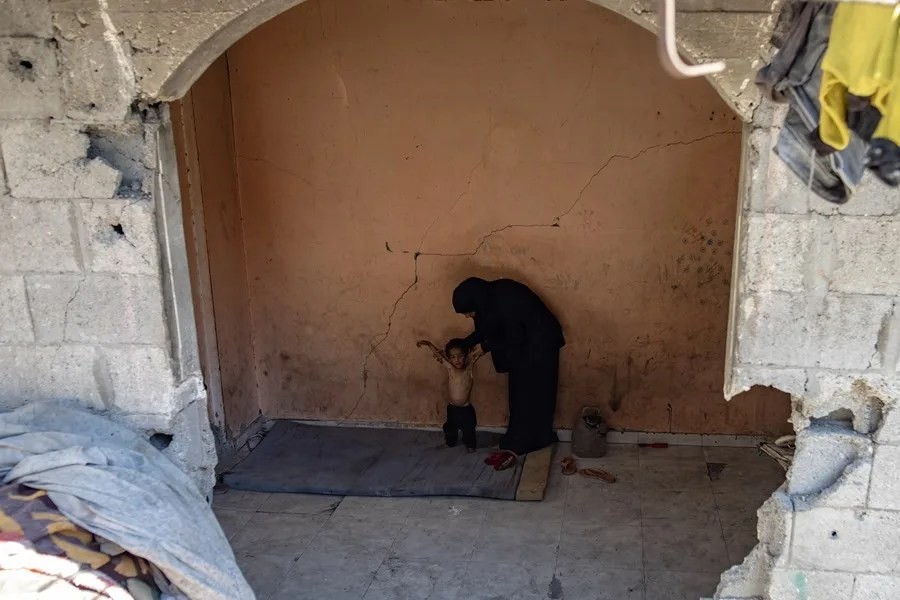The Grim Reality Behind Gaza’s Hunger Crisis: Exposing the Human Cost of Failed Policies
At least 453 Gazans, including 150 children, have died from starvation amid nearly two years of conflict—raising urgent questions about humanitarian aid restrictions and accountability.

Nearly two years of sustained conflict in Gaza have resulted in a devastating humanitarian catastrophe. According to the local Ministry of Health, at least 453 Palestinians have perished from malnutrition-related causes during this period—tragically including 150 children. Between September 22 and 29 alone, there were 13 additional deaths linked to starvation.
This grim toll includes infants mere days old and elderly individuals whose suffering reflects a broader failure to protect innocent civilians caught in the crossfire. Medical professionals on the ground report mothers weakened by malnutrition unable to nurse their newborns, perpetuating a vicious cycle of suffering.
Is Restrictive Aid Policy Fueling This Human Tragedy?
The United Nations’ acknowledgement of famine conditions in Gaza as of August highlights the severity of this crisis. Yet, the blockade imposed by Israel for over seven months has severely limited humanitarian aid deliveries. Israel justifies these measures by alleging without conclusive evidence that Hamas benefits from aid shipments—a claim used to justify tight controls over distribution through militarized zones managed by a controversial American foundation.
This approach raises serious concerns about whether political considerations are overriding basic human rights and emergency relief needs. More than 2,500 Palestinians have died near aid distribution points or military checkpoints while trying to secure food—an indictment not only of hostile security conditions but also of flawed policies that leave vulnerable populations exposed.
How Long Will Washington Overlook This Complex Crisis?
The ongoing conflict and resulting humanitarian disaster in Gaza create ripple effects that reach far beyond its borders. Instability in the region continues to challenge global security and jeopardize efforts toward peace—while fueling extremism that threatens American interests abroad.
American policymakers must demand clear accountability and transparent aid mechanisms that prioritize human lives over political leverage. Otherwise, tragic losses like those witnessed daily in Gaza will continue with little hope for resolution.
The question remains: In a world where freedom and sovereignty are paramount American values, how can we stand idly by as innocent children perish amid geopolitical chess games? Addressing this crisis requires principled leadership that defends human dignity while protecting national interests.
